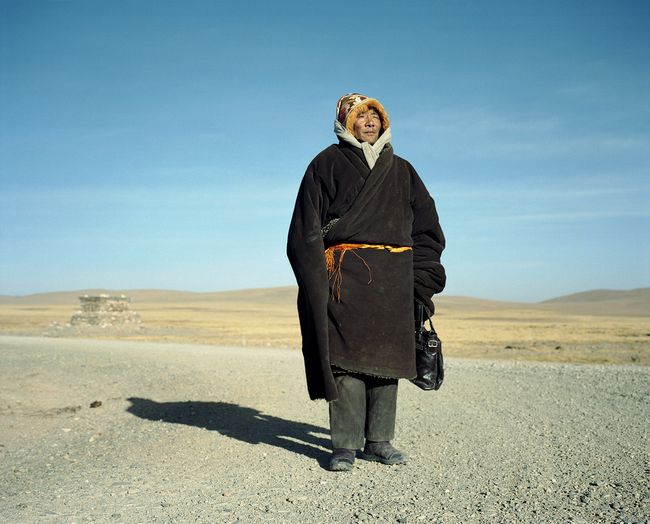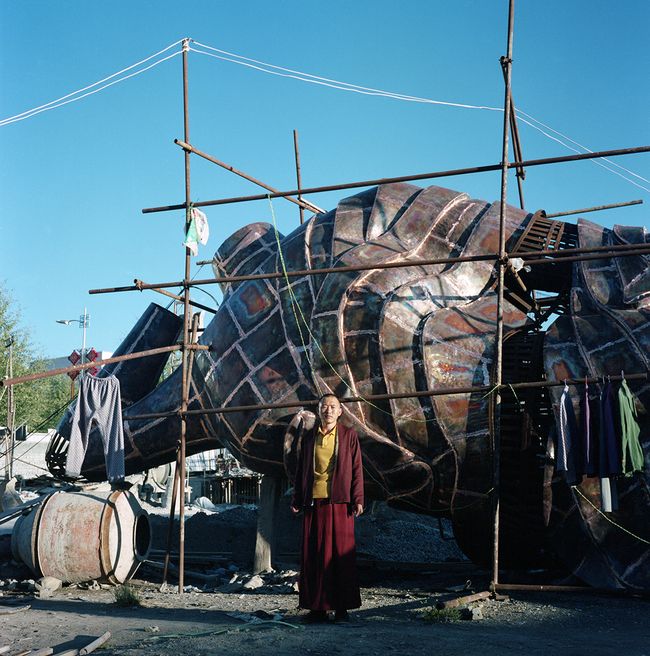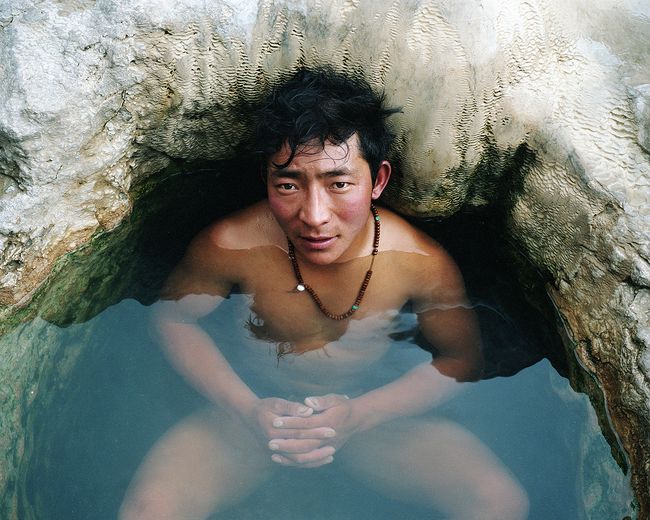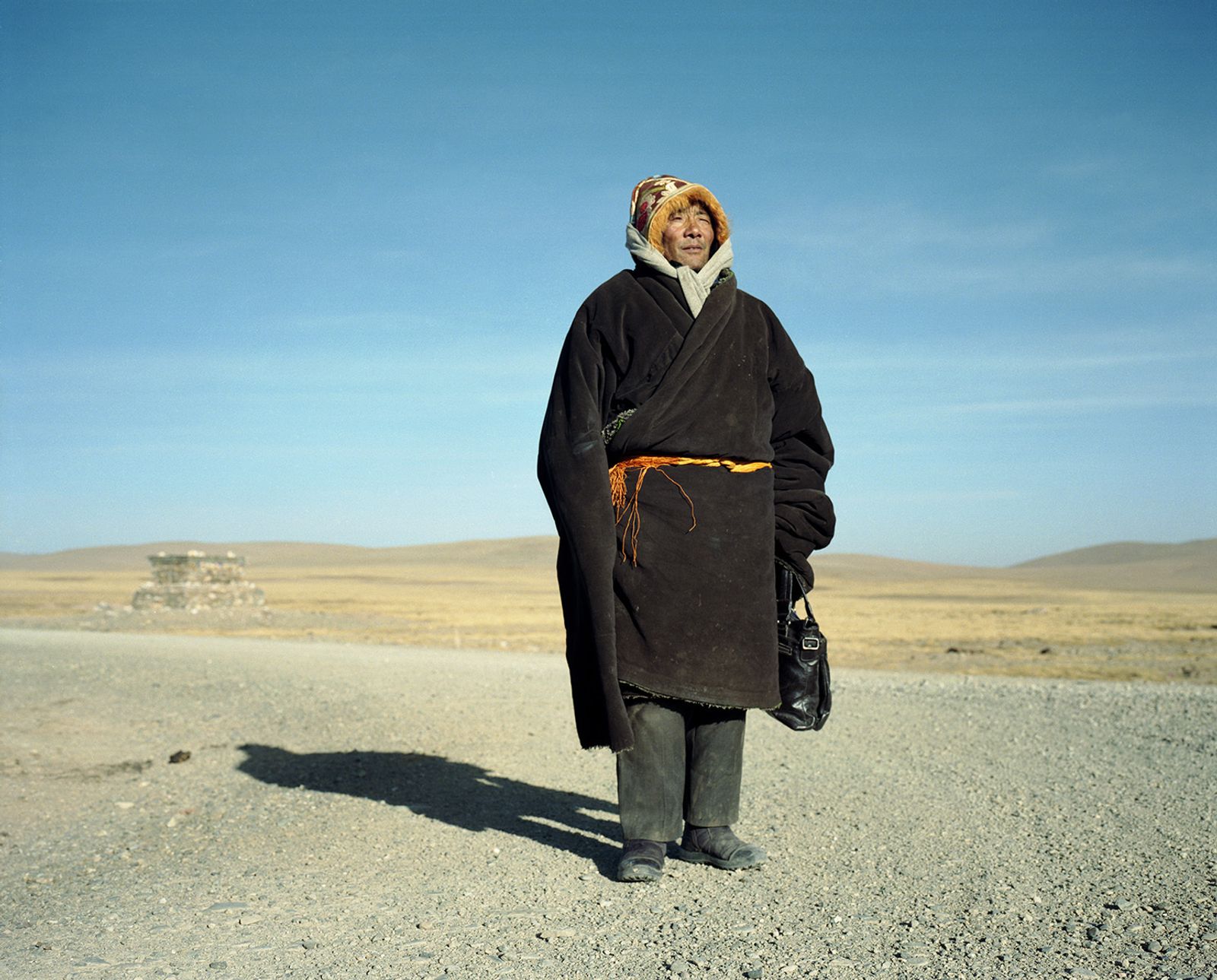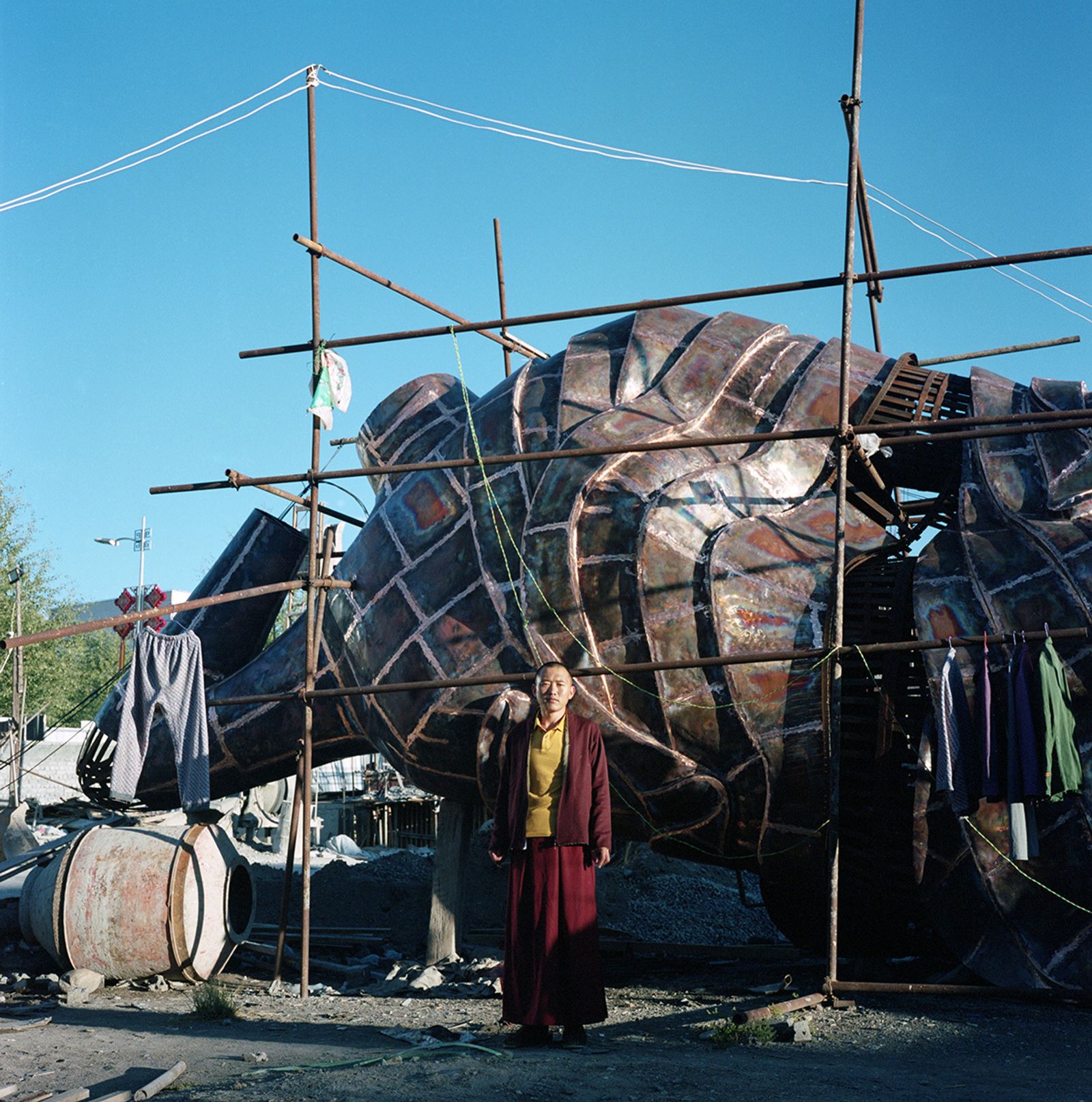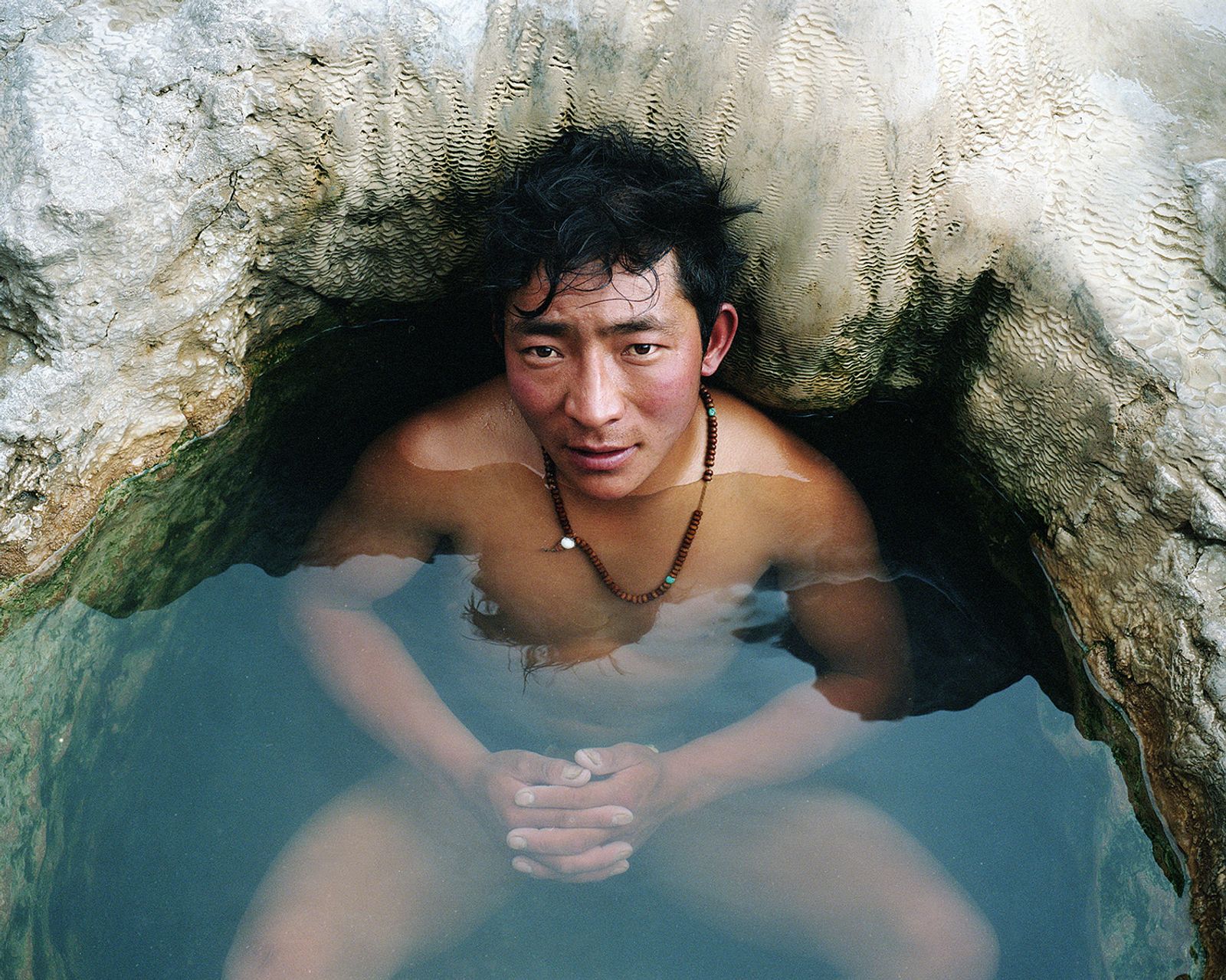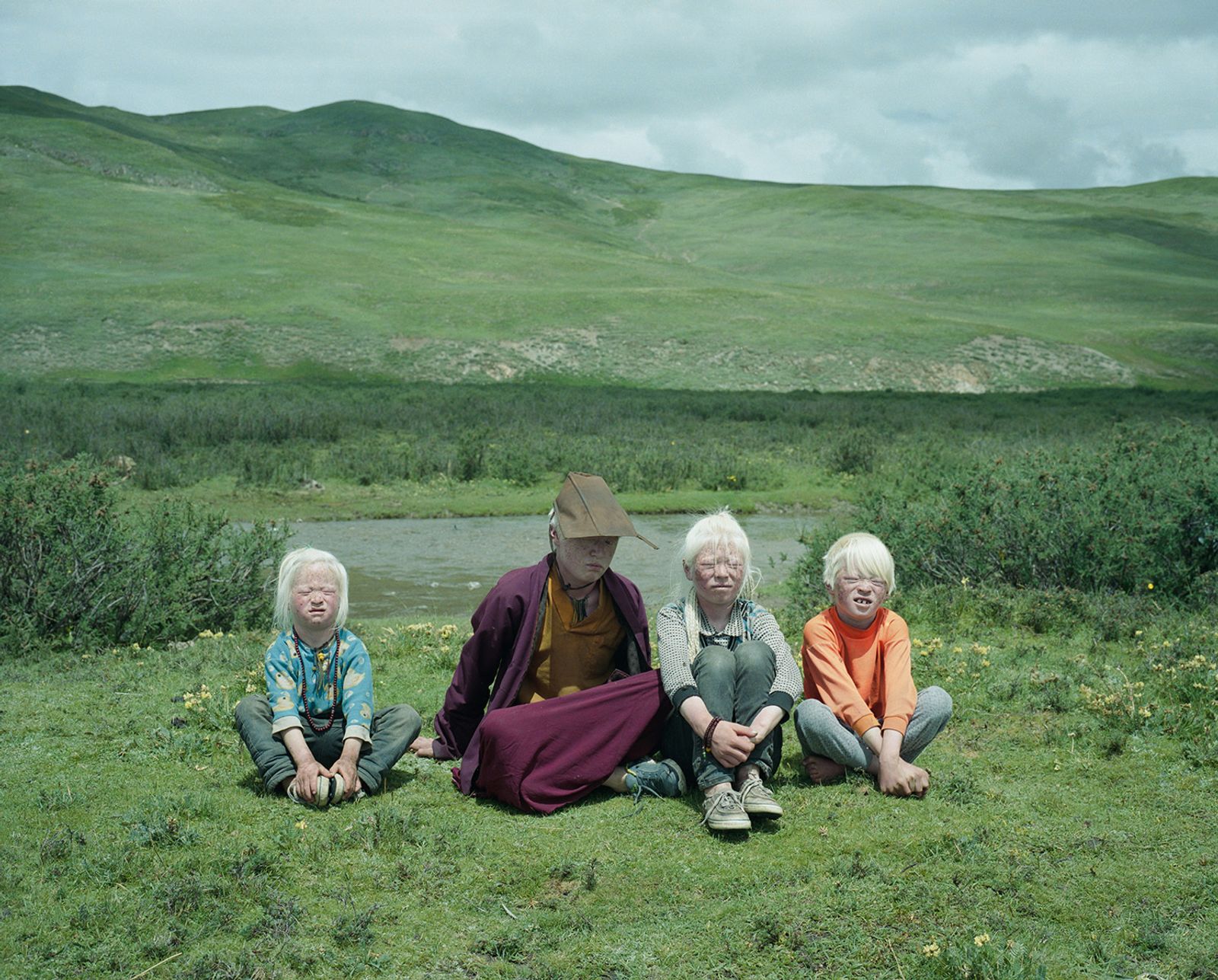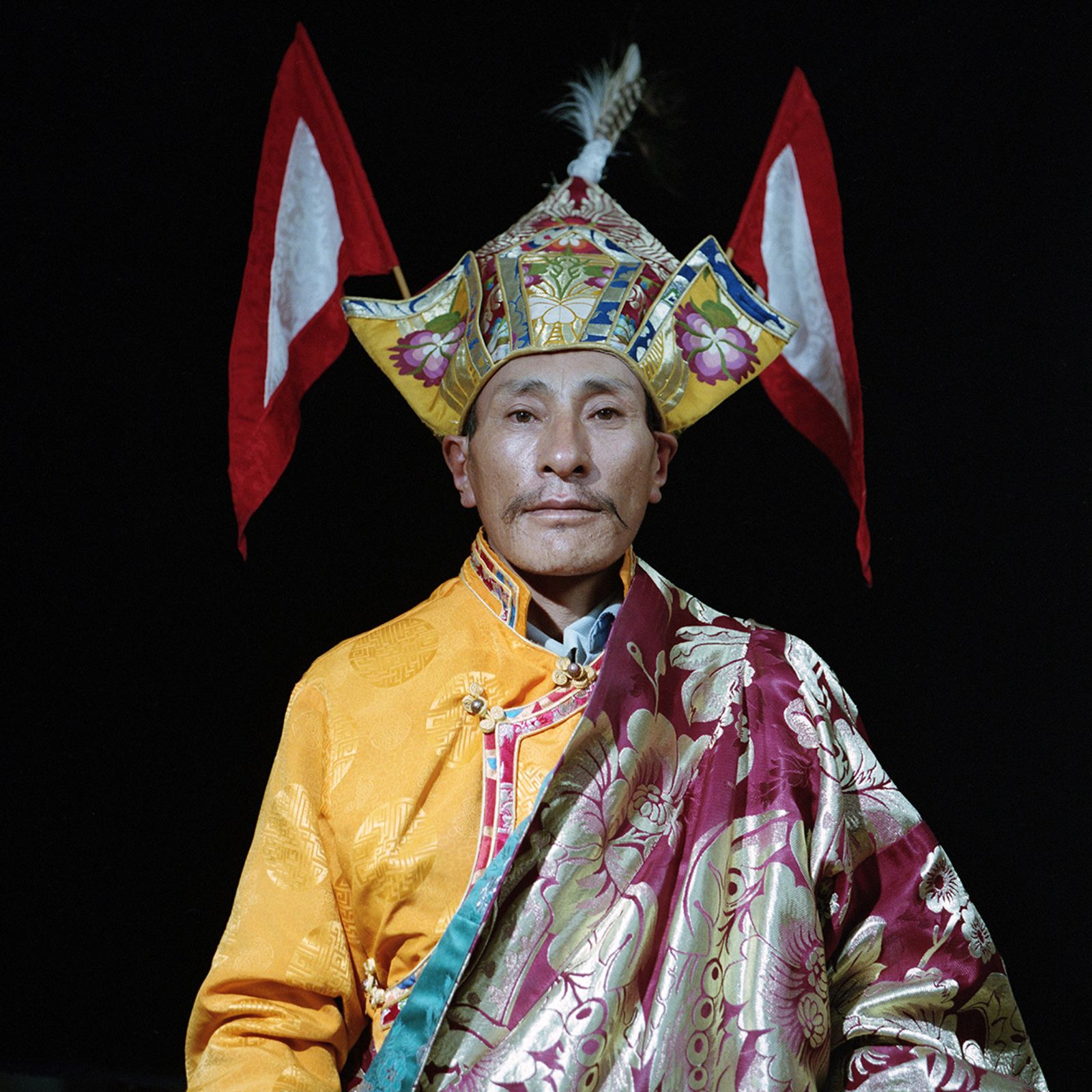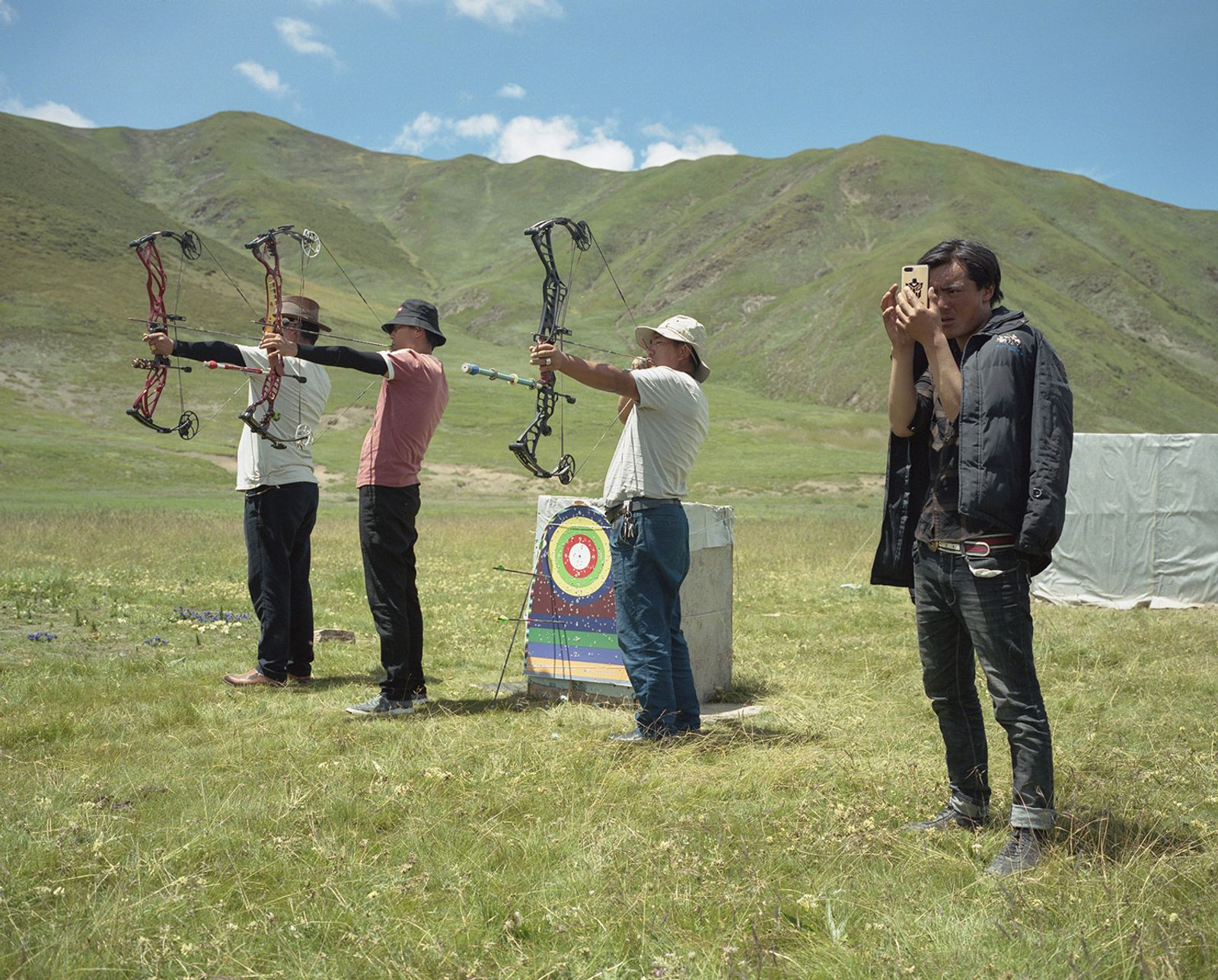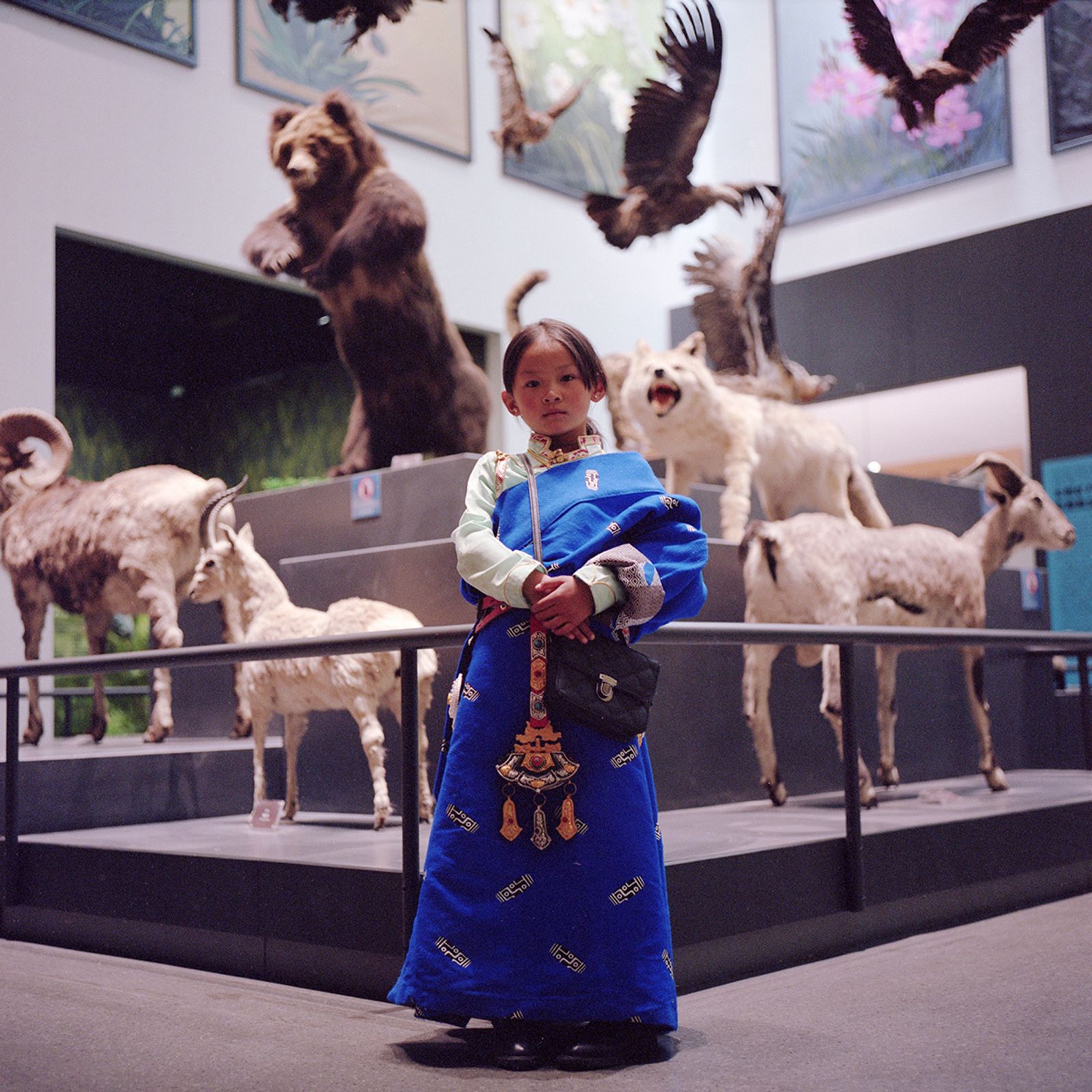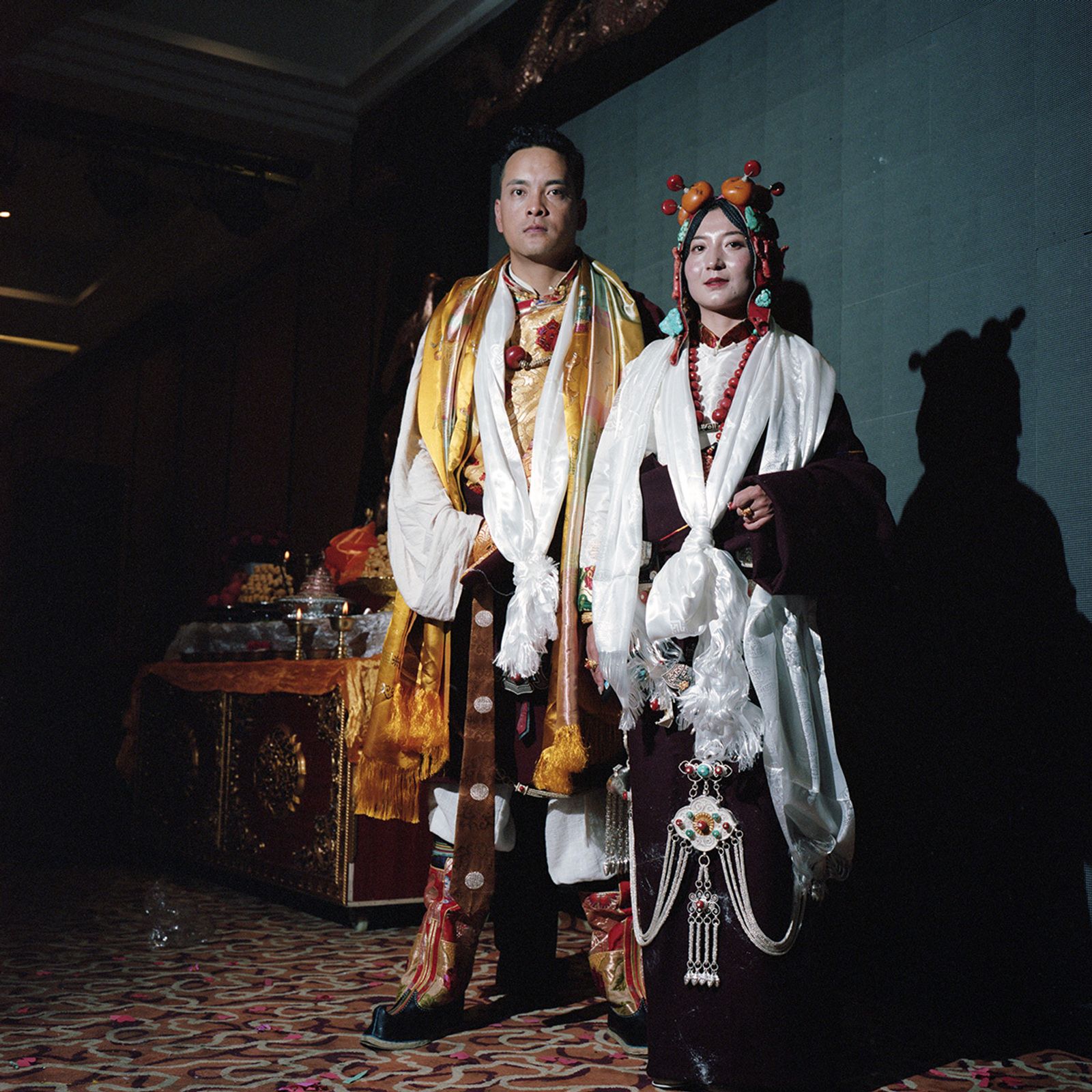The Contemporary Reincarnation of an Ancient Narrative
-
Published4 Oct 2021
-
Author
By observing present-day China through the prism of the epic tale of King Gesar, Chinese photographer Hao Wu aims to document and understand how the spiritual and political identity of Tibetan communities transformed and adapted during the country’s social transition.
By observing present-day China through the prism of the epic tale of King Gesar, Chinese photographer Hao Wu aims to document and understand how the spiritual and political identity of Tibetan communities transformed and adapted during the country’s social transition.
“Epic of King Gesar” is the most well-known Tibetan ethnic epic in China and the longest one in human history. It tells the story of King Gesar, a half-human half-deification character who was reincarnated from Guru Rinpoche and claimed himself as King of the Tibetan area. He won the war against evil, saving the lives of his people, and finally bringing peace back to his homeland.
Narrated and inherited by charismatic minstrel and Tibetan Buddhist Lama since A.D. 11th Century, the epic survived numerous social revolutions of modern China. It reflects the history, politics, social structure and daily life of people who live in the Tibetan plateau area.
From 2017, I traced the clues from the epic King Gesar, by traveling to many locations and archaeological sites in the Qinghai and Sichuan provinces - which is believed to be the birthplace of the epic - and by exploring both geographically and mentally the boundaries between surreal myths and current reality.
The project Gesar aims to document the spiritual and complex socio-political landscape of modern Tibetan ethnic groups in west China, based on clues and metaphors from the ancient epic, to ask questions on how people look at the past of their ancestors and social heritage. In what way it shapes their ethnic identity? If the epic was the old narrative of the ancient Tibetan world, what is the narrative of the new era and generation? What changes were made in terms of lifestyle and religious beliefs, in relation to the local community under the tightened political space by the communist authority? What remains or is lost for people who live in this territory under intense social transition and modernization, which I believe is a universal topic to the majority of our world?
Words and Pictures by Hao Wu.
Hao Wu is an independent documentary photographer and filmmaker born in Nanning, China, and based in Beijing. He focuses on people’s way of living within the contemporary fast-changing society and their dilemma during the Chinese social transition. His works have been published and exhibited internationally. Find him on PHmuseum and Instagram.
---------------
This feature is part of Story of the Week, a selection of relevant projects from our community handpicked by the PHmuseum curators.
